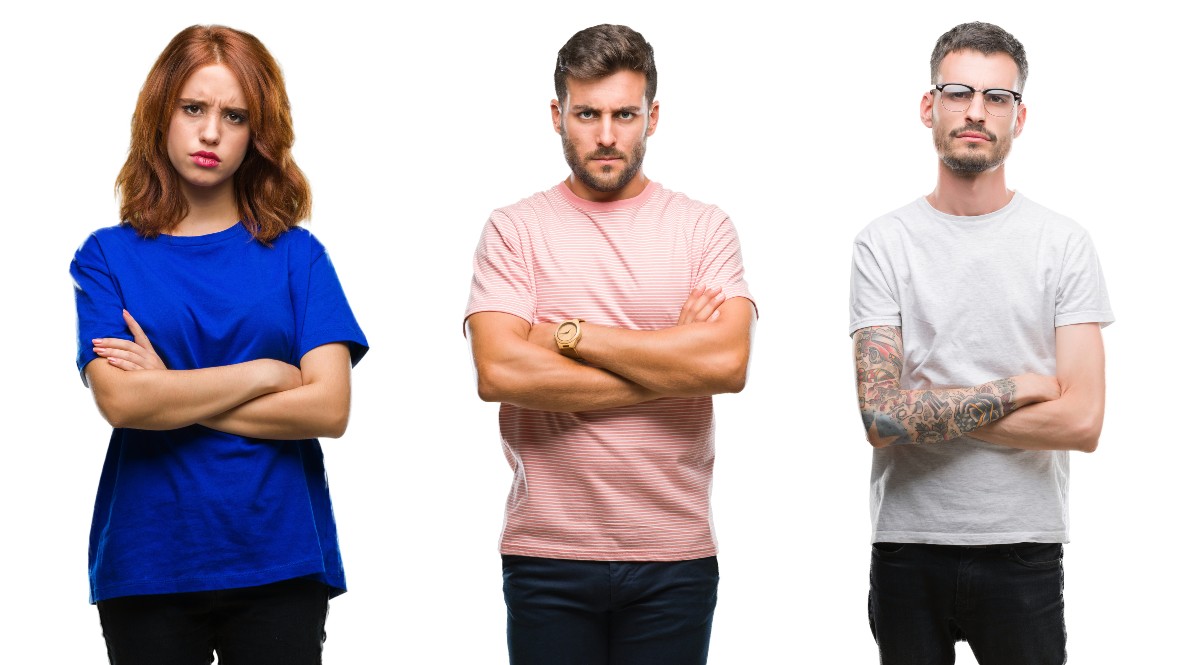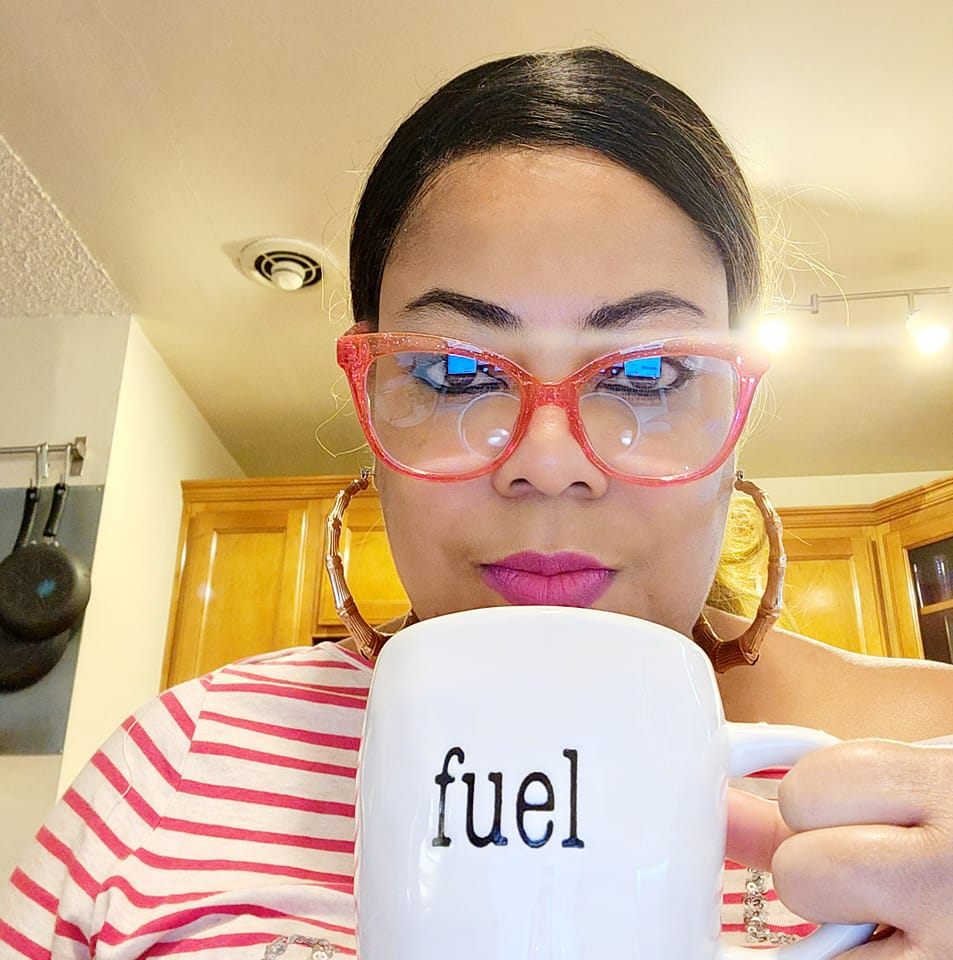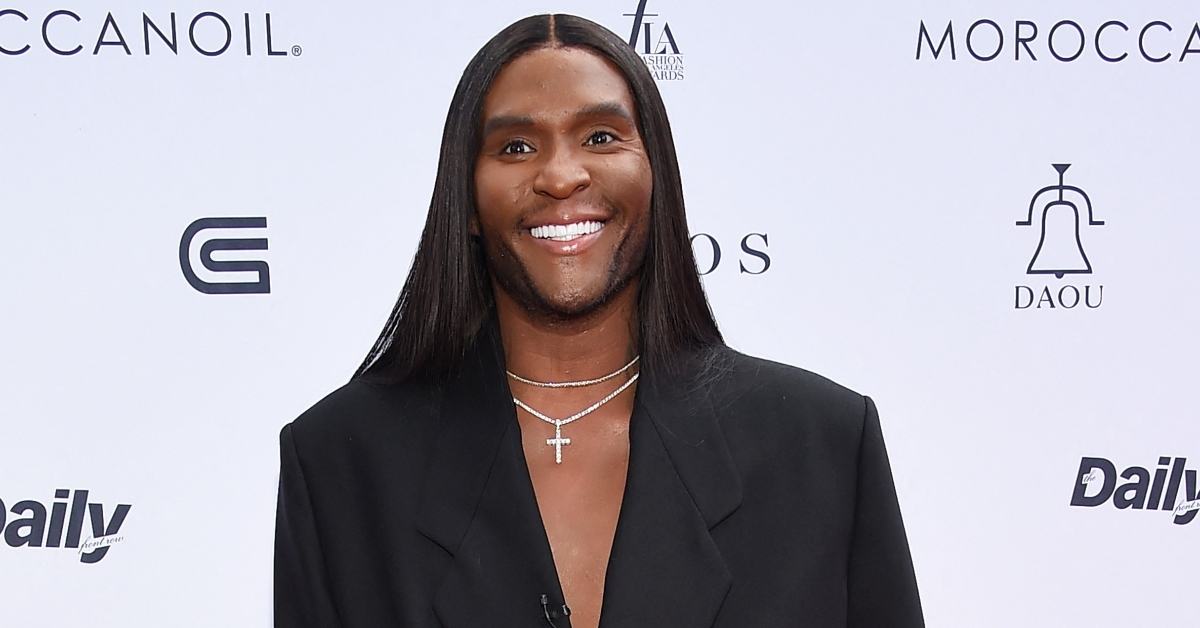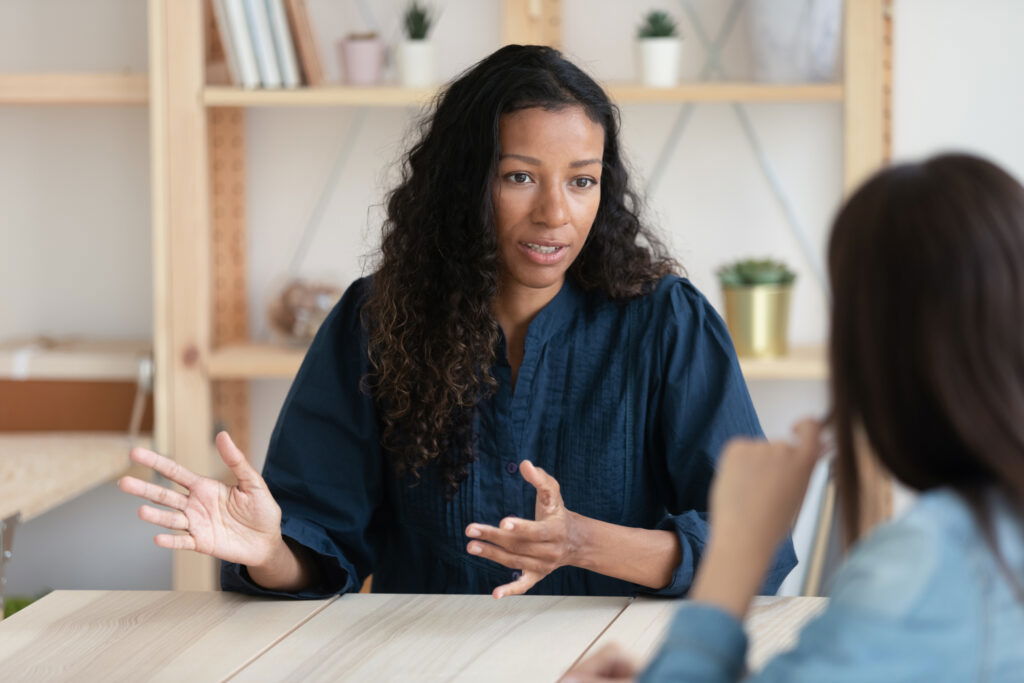Let’s talk about some words that trigger white people
OPINION: When white people hear or read the words “white,” “race,” “racist,” and “racism,” they have a visceral reaction. Why is that? The post Let’s talk about some words that trigger white people appeared first on TheGrio.

OPINION: When white people hear or read the words “white,” “race,” “racist,” and “racism,” they have a visceral reaction. Why is that?
Editor’s note: The following article is an op-ed, and the views expressed are the author’s own. Read more opinions on theGrio.
Moist.
“Moist” is a polarizing word out here in these streets. There are so many people I know who hate the word “moist,” and I don’t know why.
Is it because it sounds wet when people say it? Is it the weird combination of letters used to spell it? Why do people hate the word “moist” so much?
There have been many articles written over the years that have tried to explain why people have such a bad reaction to that word.
My editor, Genetta Adams, is one of those people who doesn’t like the word moist. When I asked her why, she said, “It’s stupid for me not to like it, and I know it’s stupid, but the way you say the word ‘moist’ just sounds nasty.
“Only weird and gross things are described as moist,” she continued. “That’s basically it. It just sounds wrong. It just sounds icky.”
“Cake is the only good thing that is described as moist,” she added. “Otherwise, it just feels like you are describing something dark and dirty.”
Most people recognize that their aversion to the word “moist” is irrational, and their reactions to hearing it usually never extend beyond cringing, shaking their head or asking the person to stop saying it.
I’m sure they recognize the word is not actively harming them, so they don’t have to treat it like a grenade.
I wish the same could be said about (some) white people and certain words that seem to trigger (some of) them whenever they hear them or see them in print.
The words that seem to feel like hot grits on the delicate and fragile skin of (some) white people are “white,” “race,” “racism,” and “racist.”
In the days when my afro was still a big, billowy cloud framing my face, I happened to be shopping in the Burbank Ikea. It’s important that I note it was the Burbank Ikea and not the Carson one because the Burbank Ikea is almost always full of white people.
On this day, I was standing looking at some items I was considering purchasing when a white woman standing next to me made a move that let me know she was about to reach up and touch my hair. I gave her the death stare, and she backed off, and her partner (also white) asked me to please not hit her even though she deserved it.
We’ll skip past the part where he put the onus on me in the situation instead of reprimanding the white lady he was with who was clearly in the wrong and on the verge of physically molesting me, but just note that this is also a huge problem with white people. Maybe I’ll write about that on another day.
I relayed this experience on Twitter in the immediate aftermath, and the responses I got from white people were not surprising.
Many wanted to know why I felt it important enough to mention that she was white.
White people invented the very concept of whiteness, but they hate when you bring up the word white in any situation.
In the context of many conversations, highlighting that the person being offensive is white is important because it helps people to understand the roles whiteness and white privilege play in a lot of interactions between white people and Black people.
A Black woman would have known not to invade my personal space, and she would have definitely known not to try to touch my hair, but it seems like (some) white people were born without that part of the conscience that tells you when you are overstepping.
That’s why it was important for me to note her race, but the mere mention of the word “white” sends people into a tizzy in any context.
Never mind that they throw “Black” and “the Blacks” around like hacky sacks. Their lack of self-awareness is on full display every time they lose it when you mention someone’s race is white.
And speaking of the word “race”…
“Race,” “racism,” and “racist” are also extreme trigger words for (some) white people.
Any time we bring up the racist undertones involved in any incident between Black people and white people, suddenly the Black people speaking on the racial injustice are the problem and not the racial injustice itself.
There are really white people who believe if you stop talking about race, racism and racists, they will magically disappear and we will all be happy.
For those people, I have a question: If your house was overrun with roaches, rats, and mice crawling all over your furniture in and out of your kitchen cabinets, hanging out in your refrigerator, dancing across your toilet seat, and just everywhere uncontrollably, if you stopped talking about the roaches, rats, and mice, would they quietly leave?
Yeah, I didn’t think so.
Perhaps you should think of it in that context every time you try to tell a Black person to stop using the words race, racism, and racist.
It bears repeating: white people invented the very concept of race. They created whiteness as a way to set themselves apart from everyone else and make themselves the standard.
They would have gotten away with it too, if it weren’t for people coming to their senses and realizing how much whiteness, race, racism, and racists play a huge part in our daily existence.
They are afraid of critical race theory for a reason; having to examine the ways in which these systems exist and thrive in our society is uncomfortable for them. They are not ready to look at the ways in which they benefit from the inherent white supremacy that exists in everyday life.
They don’t want to have to admit that even if they “don’t have a racist bone” in their body, they still benefit from these systems on a daily basis.
The disparities between the lived experiences of Black people versus the lived experiences of white people should make them entirely uncomfortable.
They would rather tell us it’s our own fault and if only we would just pull ourselves up by our bootstraps, we could have the same things they do. We all have the same opportunities, they claim.
If that were true, these words wouldn’t bother them. If they truly believed everything was equal, hearing the words white, race, racism, and racist wouldn’t be so triggering.
It is their own guilt that makes them get a lump in their throat when the reality of their privilege is made plain by those of us who have to exist under the weight of it.
If these words make you feel some type of way, you should probably do the internal work to examine why.
But y’all aren’t ready to do that.
You would rather continue to live your privileged existence without the Blacks reminding you of how you got there and all the things you do to keep the status quo in place.
In other words, you are the real racists. Hit dogs holler, as my granny used to say.
For my part, I’m going to keep using these words and using them as much as I have to—even if I have to beat you over the head with them in multiple columns until you recognize that the problem isn’t the Black people saying the words or even the words themselves.
The problem is you.

Monique Judge is a storyteller, content creator and writer living in Los Angeles. She is a word nerd who is a fan of the Oxford comma, spends way too much time on Twitter, and has more graphic t-shirts than you. Follow her on Twitter @thejournalista or check her out at moniquejudge.com.
TheGrio is FREE on your TV via Apple TV, Amazon Fire, Roku and Android TV. Also, please download theGrio mobile apps today!
The post Let’s talk about some words that trigger white people appeared first on TheGrio.










![Brandy and Monica Address Past ‘Confusion and Conflict’ While Announcing ‘That Boy Is Mine’ Joint Tour [Video]](https://www.lovebscott.com/wp-content/uploads/2025/06/3e4c19e4ced74fcca75359da112c255d_md.jpg.webp)

